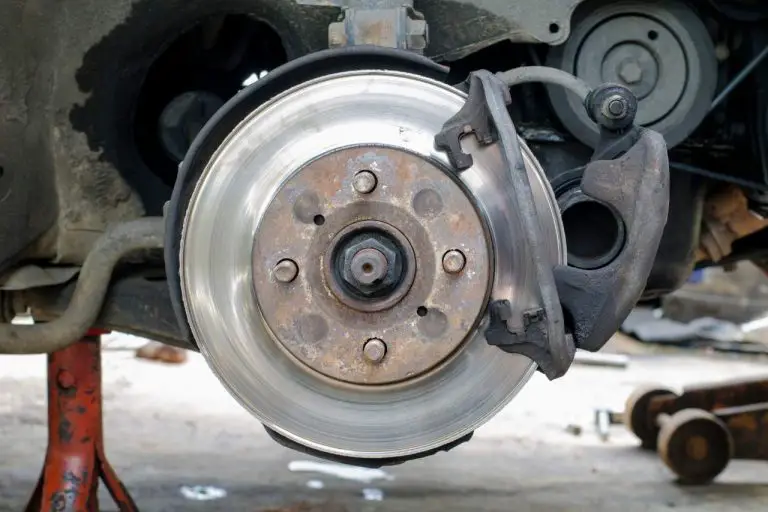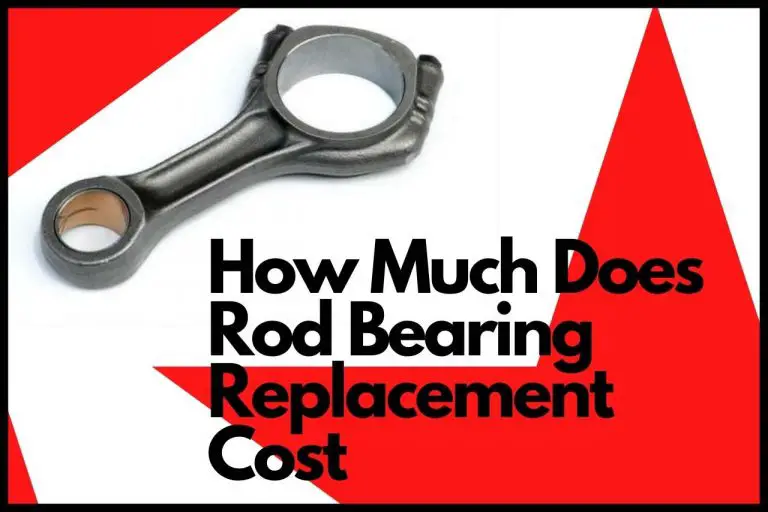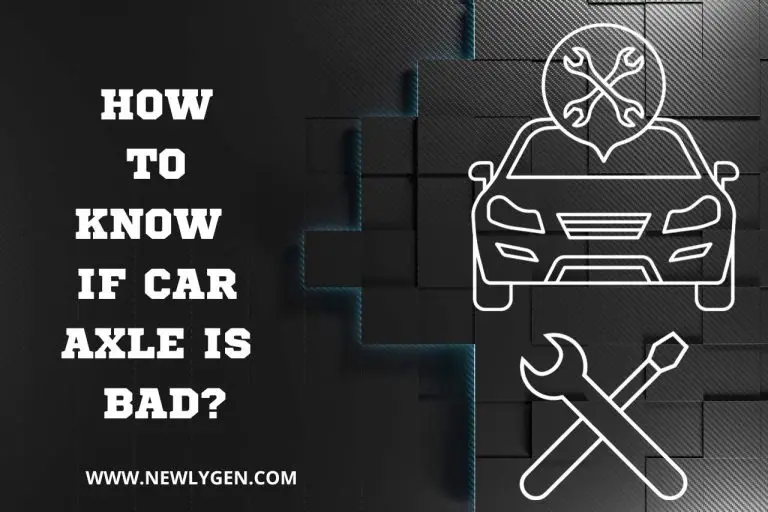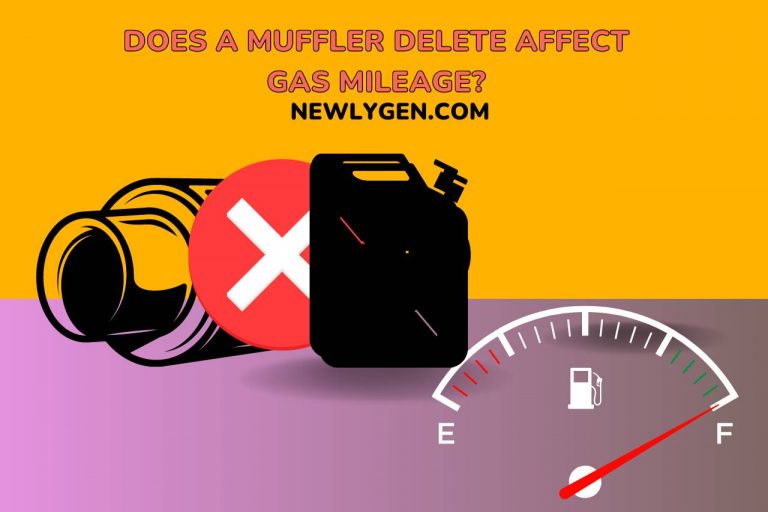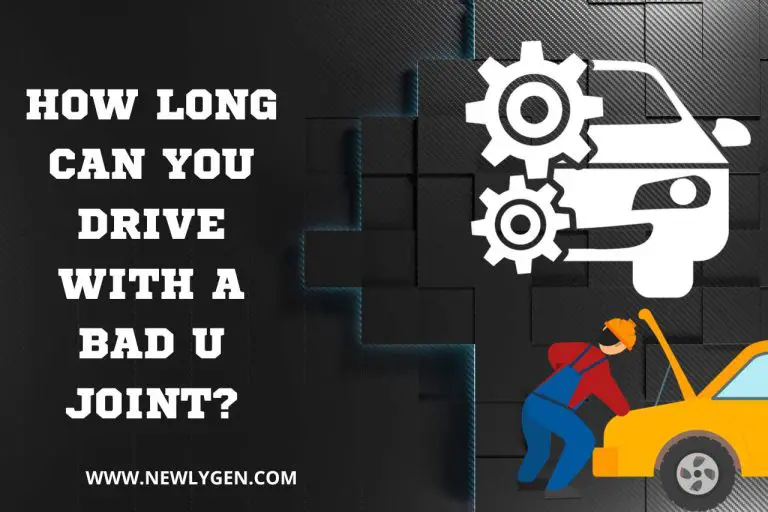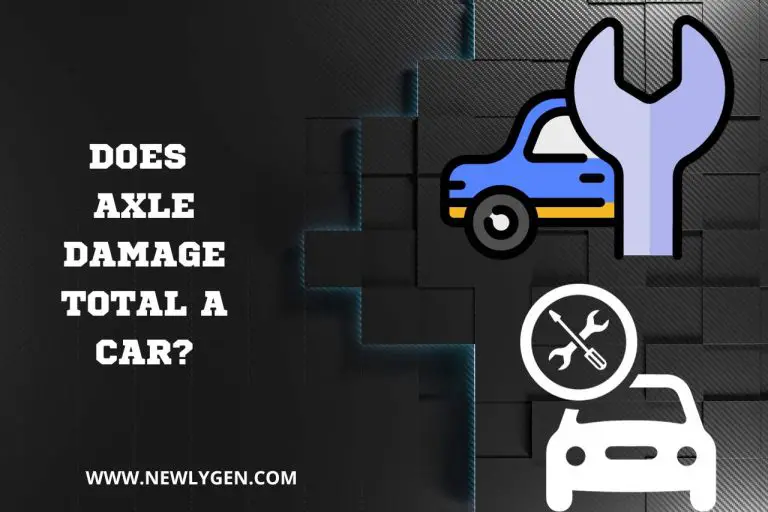How to Grease Trailer Axle? Safety First!
The Trailer axle requires regular greasing in order to keep its smooth performance. In case you neglect to grease, the corrode will seize up bearings over time. Thus, today, we hope to provide clear guidance on how to grease the trailer axle. Moreover, you will be able to know how often to grease and the best type of grease for trailer axles. So, keep reading till the end!
How to Grease Trailer Axle?
To grease your trailer axle, you can follow the procedure below.
-
Preparation Phase:
- Setting Up: It’s important to start by parking the trailer on a level surface. This helps in stabilizing the trailer and ensures that the weight is evenly distributed. For safety, it’s advisable to block the wheels. This simply means placing something sturdy, like wheel chocks, in front and behind the wheels to prevent any accidental movement.
- Gathering Necessary Tools: For this task, you’ll need a few specific items. A grease gun is essential, and so is high-quality wheel-bearing grease. Take a clean rag on hand and possibly a socket wrench or pliers, which might be needed if your trailer has hubcaps that require removal.
- Locating Grease Fittings: On the axle housing, typically near the wheel hubs, you’ll find what are called zerk fittings. These are small, metal protrusions where the grease gun attaches. In some cases, these might be covered with protective caps that you’ll need to remove.
- Attaching the Grease Gun: Now, attach the grease gun to the zerk fitting. Make sure to check whether the connection is secure to prevent grease from leaking out during the application.
- The Greasing Process:
- Pumping Grease: This should be done slowly and carefully. The aim is to pump grease into the fitting until you see fresh grease beginning to emerge from the bearings around the axle shaft. Avoid over-greasing because it can lead to damaged seals.
- Cleaning Up: After greasing, use your rag to clean off any excess grease from around the fitting. This helps prevent the accumulation of dirt and grime.
- Rotating the Tires: Once you’ve greased the fittings, gently rotate the tires a few times. This helps in distributing the grease more evenly within the bearings.
- Completing the Process:
- Repeating for All Fittings: Make sure that you repeat this greasing process for each zerk fitting on the axle.
- Reassembling: If you had to remove hubcaps, now it is time to put them back on. This helps protect the grease fittings from dirt and debris.
- Clean up: Once you’re done, it’s important to clean up any spilt grease and put away all your tools.
How Often Should you Grease Trailer Axles?
You should grease your trailer axles every 12,000 miles. However, determining how often to grease trailer axles isn’t one-size-fits-all; it’s guided by usage, conditions, and signs of need.
- Considering Usage:
- Frequent Use: Trailers on the road often or covering long distances may benefit from greasing every six months.
- Infrequent Use: If your trailer isn’t used much throughout the year, sticking to an annual greasing schedule will be okay.
- Assessing Conditions:
- Harsh Environments: In challenging conditions like dusty or salty areas or extreme temperatures, greasing might be needed every three months.
- Normal Conditions: For standard use, greasing once a year should suffice.
- Observing Signs of Need:
- Grinding Noises: It sounds like grinding from the wheels, which can indicate the bearings are wearing out and need greasing.
- Excessive Play: If the wheels shake or feel loose when you check them, it could also mean they need more lubrication.
- Leaking Grease: Seeing grease around the hubs is another telltale sign that the seals might need attention.
It’s important to remember that regular greasing is key to keeping your trailer’s axles in good condition and avoiding expensive repairs down the line. If you’re ever uncertain about when to grease a trailer axle, go through the user manual for specific instructions.
What is the Best Grease for Trailer Axles?
The below-mentioned types of grease are best for trailer axles. Selecting the right grease for trailer axles hinges on your specific conditions and usage. From our extensive experience, here’s an expanded look at some excellent choices:
- Lithium Complex Grease:
- A versatile and effective option.
- Offers strong water resistance.
- Maintains integrity under pressure.
- Great for various trailer applications.
- Marine Grease:
- Best suited for trailers exposed to saltwater.
- Provides exceptional water resistance and corrosion protection.
- Guards against rust and wear in tough marine environments.
- High-Temperature Grease:
- Ideal for extremely hot conditions, like deserts or during heavy braking.
- Prevents breakdown and ensures lubrication even at high temperatures.
- NLGI Grade Consideration:
- NLGI 2-grade grease is commonly used for trailer axles.
- Offers a good balance of consistency and flow.
There are some bonus tips for you! You should look for greases with a GC-LB rating. They indicate suitability for wheel bearings under high loads and slow speeds, typical for trailers.
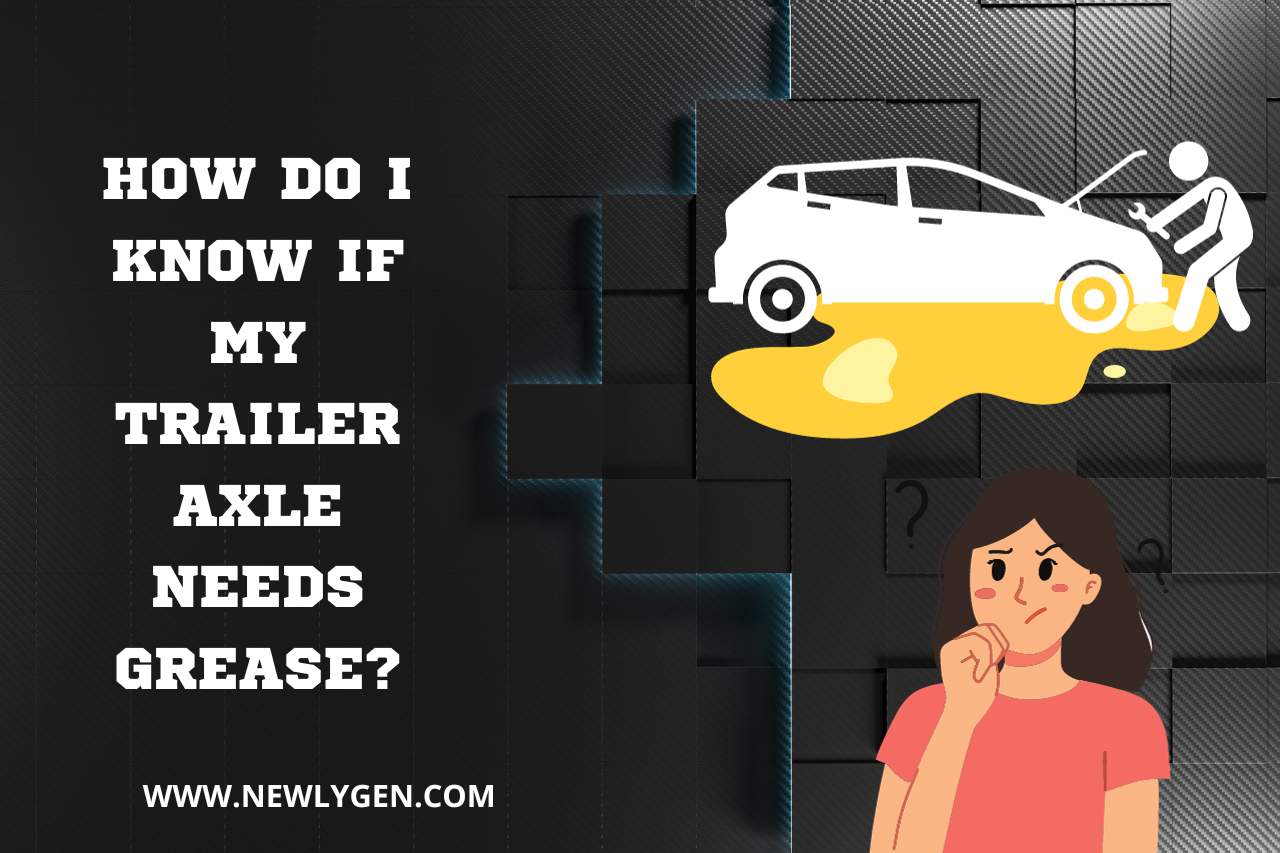


How Do I Know If My Trailer Axle Needs Grease?
If your trailer axle needs grease, it will show the following signs. Based on what we’ve observed, here’s how to tell when your axles need greasing:
- Listening for Sounds:
- Grinding or Squealing: These noises, particularly when turning or braking, often signal that the bearings are wearing out and need grease.
- Clicking or Popping: Such sounds could suggest that the axle joints are dry or damaged.
- Feeling for Changes:
- Excessive Wheel Play: Try pushing and pulling the top and bottom of the tire. Too much movement might mean the bearings are worn and require lubrication.
- Vibrations: If you feel shaking in the frame or floorboard while driving, this can be another sign of axle imbalance or wear, possibly from a lack of grease.
- Visual Checks:
- Grease Leakage: Grease appearing around the hubcaps or wheel bearings usually points to worn seals or internal axle issues.
- Damaged Boots: The rubber boots protecting axle joints should be intact. Any cracks or tears can lead to quicker wear due to exposure to dirt and debris.
- Assessing Performance:
- Uneven Tire Wear: If one side of the tire tread wears out faster, it could be due to misaligned axles or insufficient lubrication.
- Towing Difficulty: If towing your trailer feels harder than usual, dry bearings from inadequate lubrication might be the cause.
Remember, neglecting these signs can result in more serious damage, potentially leading to bearing failure and expensive repairs. Thus, if you notice any of these symptoms, we recommend getting your trailer axles inspected by a qualified mechanic as soon as possible.
You May Also Like
Does Axle Damage Total a Car? Find Out Here!
CV Axle Won’t Seat All the Way – (Expert Tips & Advice)
How Much to Fix a Broken Axle? (Pricing & Considerations)
How Much does a Car Axle Weigh? Key Differences Unveiled!
How to Know If Car Axle is Bad? Making the Right Choice!
How Long does It Take to Replace a U Joint? Efficiency Matters!
How Long Can you Drive with a Bad U Joint? Understanding the Impact!


